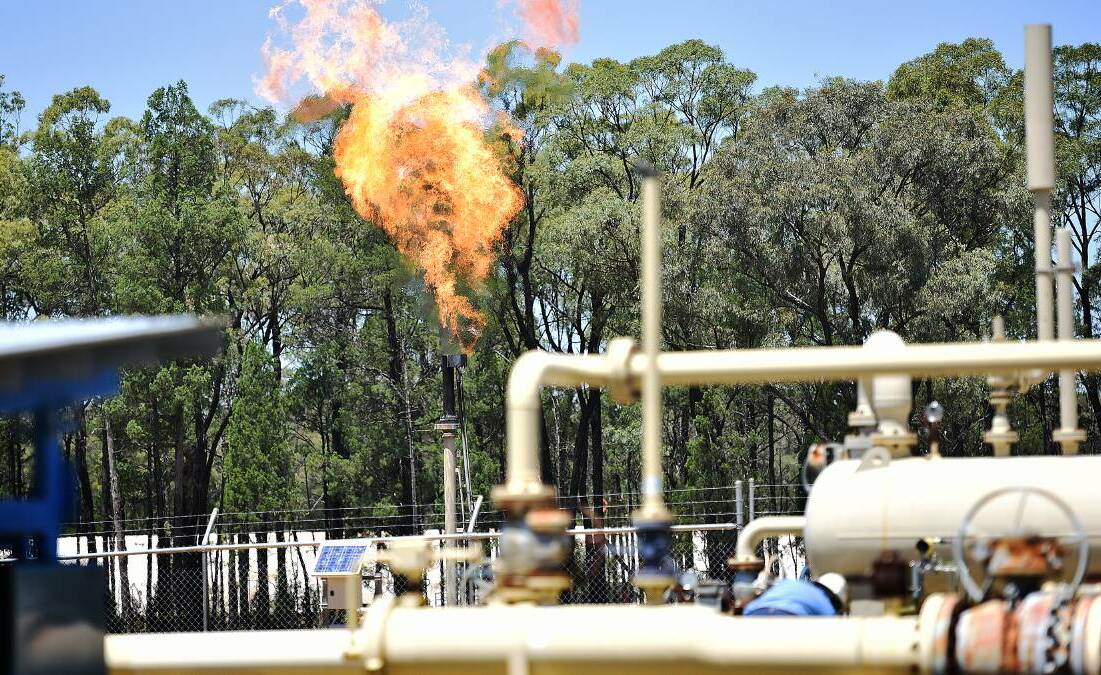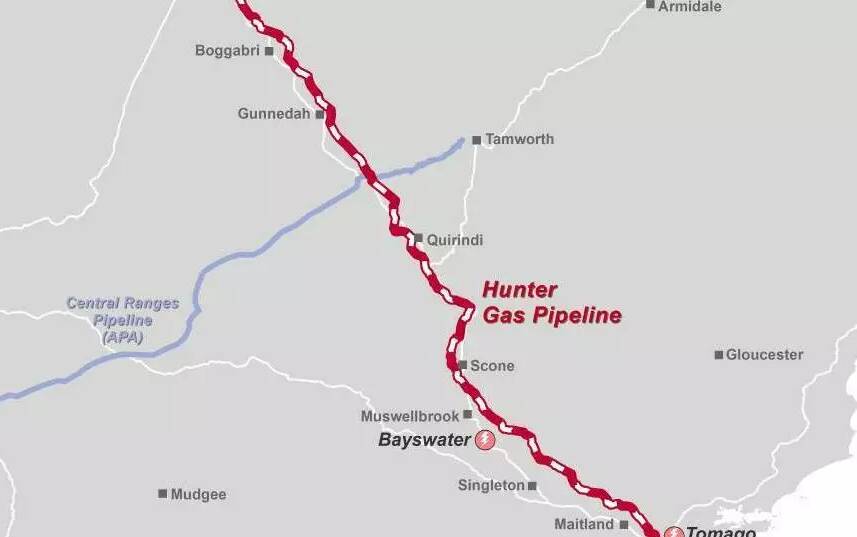
New doubts have been cast over the Hunter Gas Pipeline project after the Federal Court ruled the Native Title Tribunal should have considered climate change before issuing approval for Santos's Narrabri Gas Project.
The tribunal ruled in 2022 that public interest outweighed environmental concerns associated with the project.
On Wednesday, two out of three federal court judges ruled in favour of an appeal against the $3.5bn project lodged by Gomeroi traditional owners
Chief Justice Debra Mortimer and Justice Michael O'Bryan agreed with the Gomeroi people's argument on appeal that the National Native Title Tribunal failed to consider climate change as part of native title when it approved four future petroleum production leases.
Santos acquired the Hunter Gas Pipeline in August 2022.
The proposed pipeline would transport gas from Narrabri Gas Project to the Port of Newcastle.
The Narrabri Gas Project consists of up to 850 gas wells on 95,000 hectares of farmland and state forest near Narrabri.
The issue of climate change was one of six questions of law raised in the traditional owner's case and the only one successfully appealed.
"It's time for change after the decision, which says these fossil fuel companies are impacting on climate change," Gomeroi woman, Suellyn Tighe, said.
Santos said on Thursday that it was continuing to work through land access, native title, pipeline licensing and remaining environmental approvals processes to get Narrabri and the Hunter Gas Pipeline ready for a final investment decision.
The Newcastle Herald reported earlier this week that Hunter landholders along the pipeline route were disputing Santos claims that normal agricultural activity would be permitted above the pipeline.

It followed a full-page advertisement in the Newcastle Herald last week that said the pipe would be underground, "allowing normal agricultural activity to continue within the easement once constructed".
It coincides with a new round of community consultation for the 413 kilometre project.
The Hunter Gas Landholder Rights Alliance has 120 members who live on 100 properties between Hebden near Muswellbrook and Millers Forest.
All of the alliance members, who represent almost 60 per cent of the properties in the area, have indicated they do not want the pipeline on their land.
A Santos spokesman said normal agricultural production, including cropping, can occur on the easement after the pipeline is constructed. Low shrubs and vegetation can also be grown over the pipeline.







